We all know that diet and nutrition are important for our health and wellbeing, but did you know that they can also have a big impact on your weight loss goals?
The truth is, there is no one-size-fits-all answer to weight loss questions. What works for one person may not work for another. And what may work for you today may not work for you tomorrow.
That’s why it’s important to keep an open mind when it comes to diet and nutrition. Try different things and see what works best for you. And don’t be afraid to ask questions – there are no stupid ones when it comes to your health!
If you’re struggling to lose weight, or if you’re trying to make healthier choices, then these popular diet and nutritional questions and answers can help.
1. What are the best foods to eat to lose weight?
There are a lot of different ways to lose weight, and what works for one person might not work for another. But there are some general principles that can help when it comes to choosing the best foods to eat to lose weight.
In general, you want to focus on eating more whole, unprocessed foods. This means plenty of vegetables, fruits, lean proteins, healthy fats and whole grains. These types of foods are generally lower in calories and higher in nutrients, which can help with weight loss.
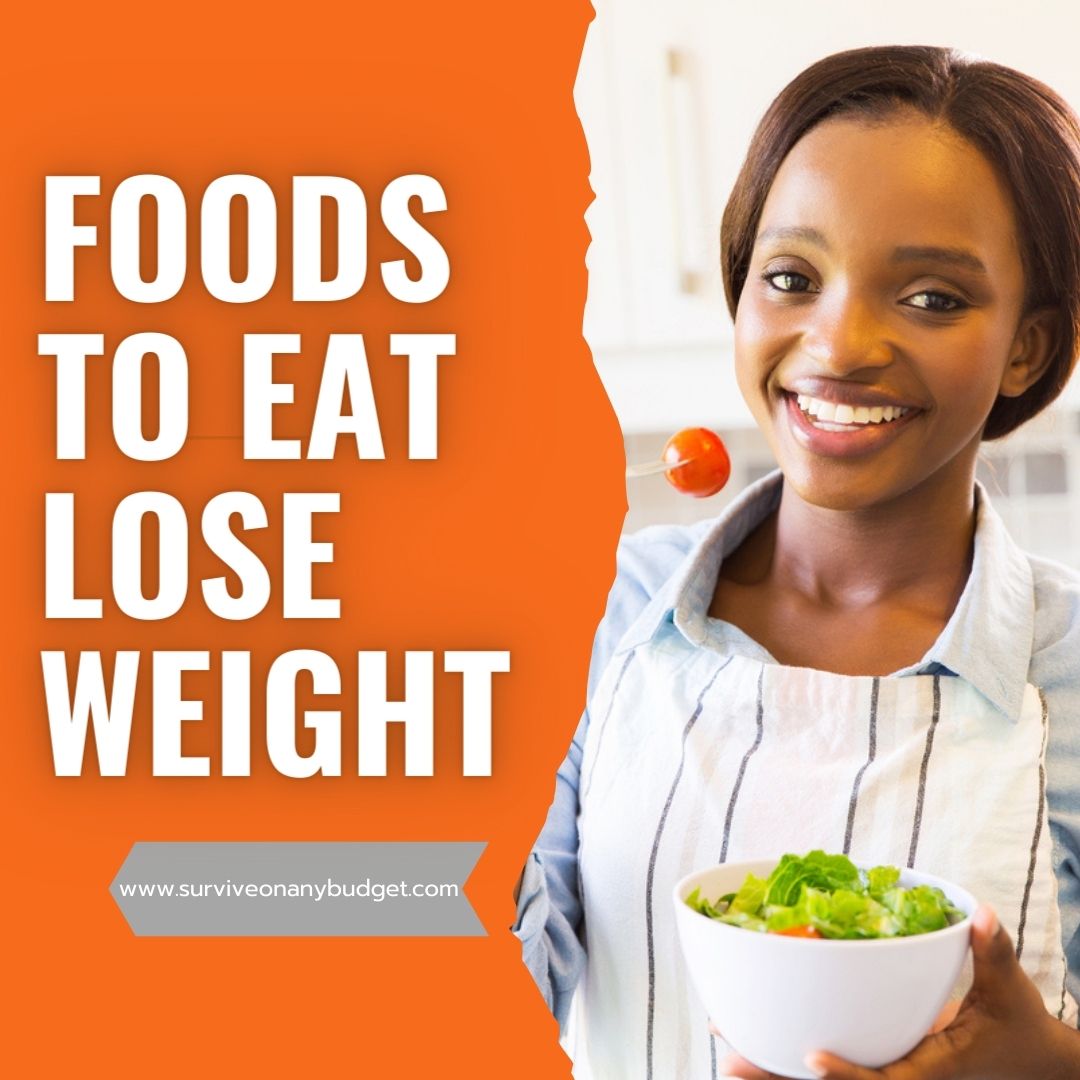
You also want to make sure you’re getting enough protein. Protein helps with satiety and can help preserve muscle mass as you lose weight. So aim for a minimum 50 grams per meal or 150 grams of protein a day.
And finally, don’t forget about healthy fats! Healthy fats like olive oil, avocados, and nuts can help keep you full and satisfied while also providing some important nutrients. Just be careful not going over 30 grams of healthy fat a day – too much fat can actually lead to weight gain.
2. What are the best exercises to do to lose weight?
Some exercises that are often recommended for weight loss include cardiovascular activities such as running, swimming, and cycling, as well as strength training exercises such as lifting weights can also be beneficial for weight loss by helping to build muscle mass, which in turn helps to boost metabolism and burn more calories at rest.
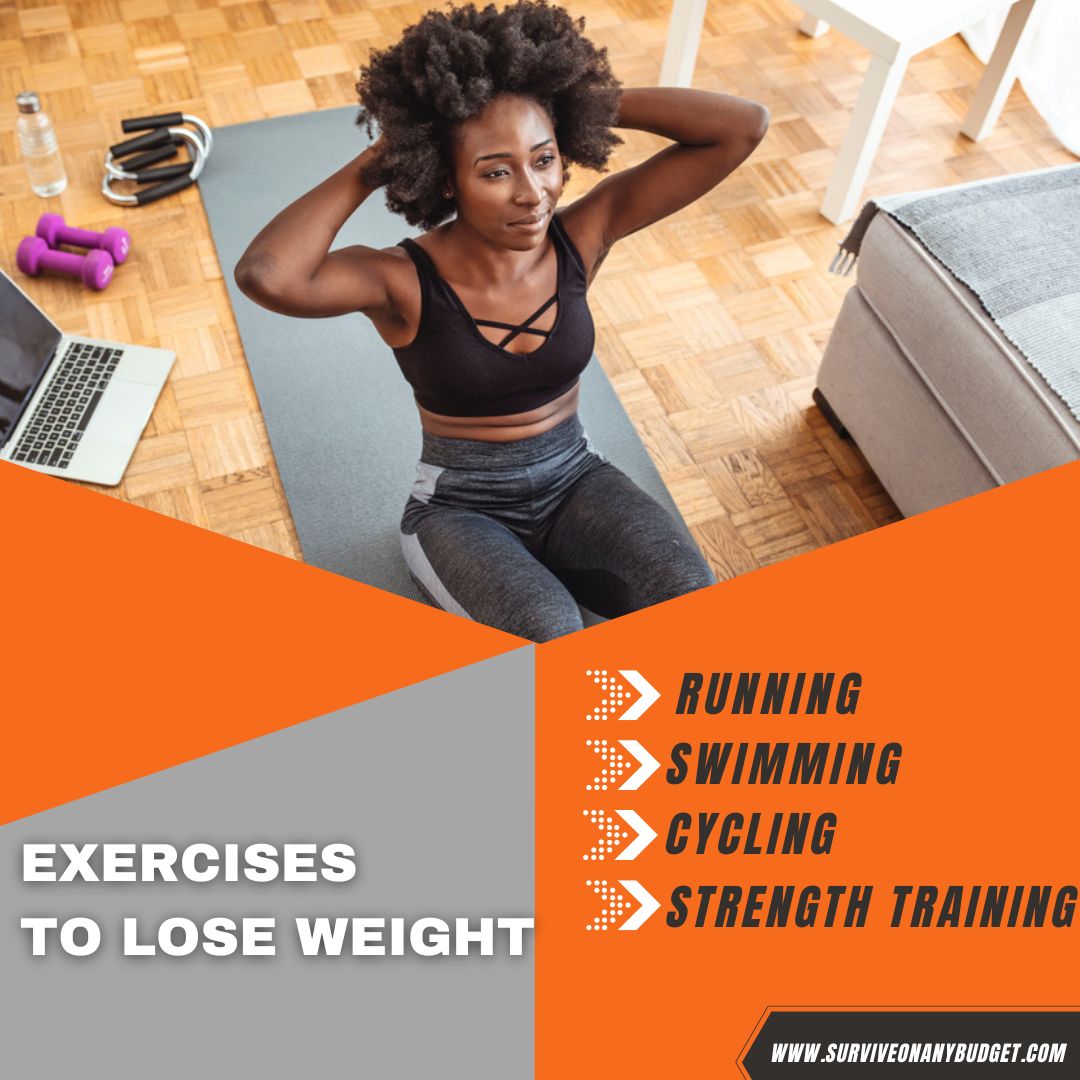
The best exercise for weight loss is ultimately the one that you will enjoy and stick with long-term. It is important to remember that losing weight requires a commitment of time and effort, and there is no one “quick fix” solution. The best way to lose weight and keep it off is to make lifestyle changes including eating a healthy diet and exercising regularly.
3. What is the most effective weight loss diet?
When it comes to weight loss, there is no one-size-fits-all diet. However, certain dietary patterns have been shown to be more effective for weight loss than others. It really depends on the person and their individual goals. For some people, a low-carb diet may be the best option, while others may find success with a more balanced approach.

One study showed that a low-carbohydrate diet was more effective for weight loss than a low-fat diet. Another study found that a Mediterranean diet was more effective than a low-fat diet in both losing weight and improving other health markers.
If you’re looking to lose weight, the first step is to determine how many calories you need to consume each day. Once you know this number, you can begin to create a meal plan that will help you reach your goals. Remember that healthy eating habits are key to any successful weight loss diet.
The most important thing when it comes to choosing a weight loss diet is finding one that you can stick with long-term. If you can find a diet that you enjoy and can stick with, you’re more likely to see lasting results.
4. How can I control my appetite and hunger?
There are a few things you can do to control your appetite and hunger.
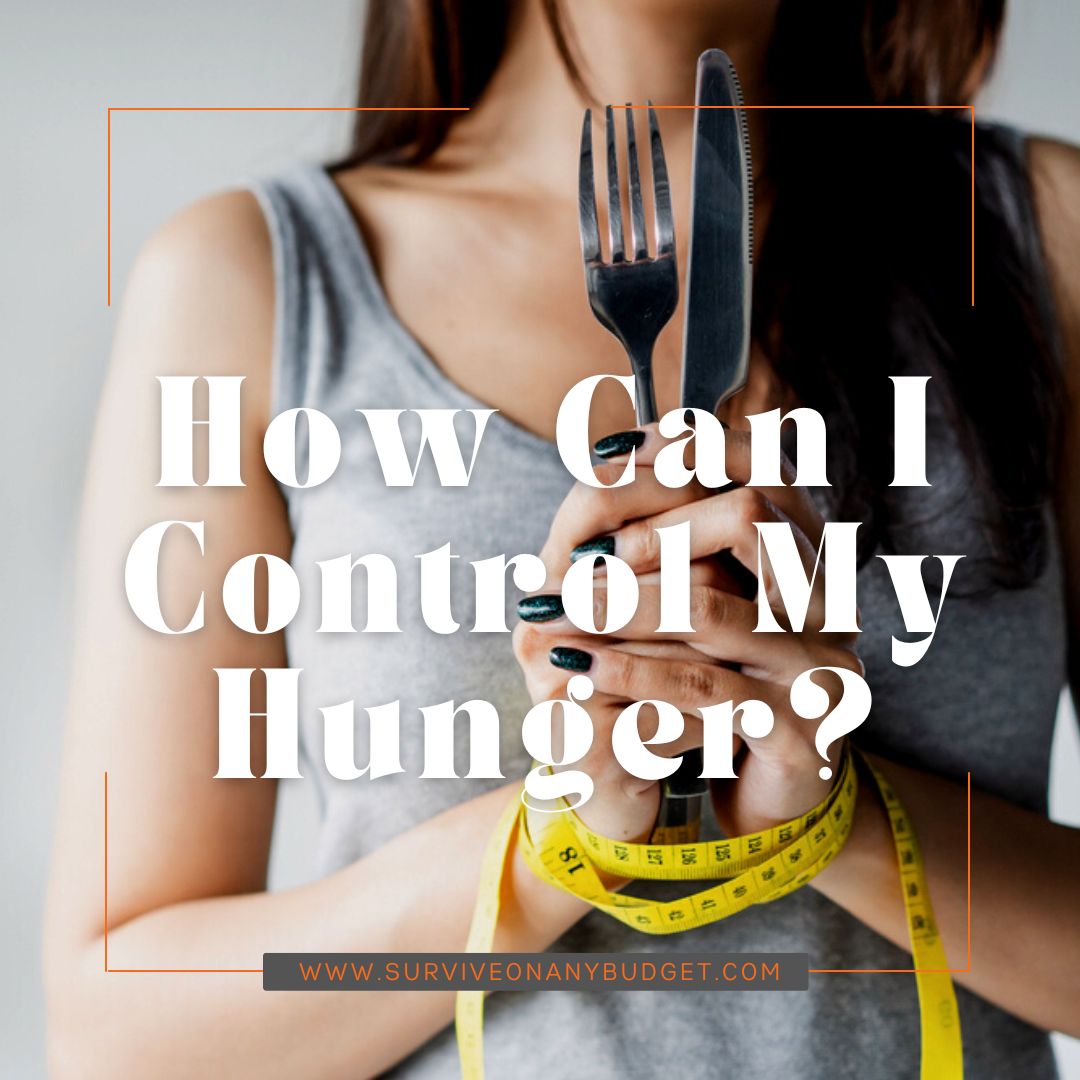
First, try drinking a glass of water or herbal tea before meals. This can help fill you up so you don’t eat as much.
Second, eat slowly and mindfully. Pay attention to your meal and body when you start to feel full, stop eating.
Third, make sure you’re eating enough protein and fiber. These nutrients help keep you feeling full longer.
Fourth, avoid triggering foods that cause you to overeat. If there’s particular foods high in sugar, salt, and unhealthy fats that will be surprisingly tasty which makes you want to eat more than necessary, try avoiding it or eating it in moderation.
Finally, if you’re still struggling with controlling your appetite or hunger, speak to a doctor or registered dietitian for more supplements and strategies.
5. Why can’t I lose weight?
There are many possible reasons why someone might not be able to lose weight. In some cases, emotional factors such as stress or body image issues can make it hard to stick to a weight loss plan. It could be a medical issue, such as a thyroid problem or polycystic ovarian syndrome. Or, the person may not be eating enough nutritious food, exercising enough, or both.
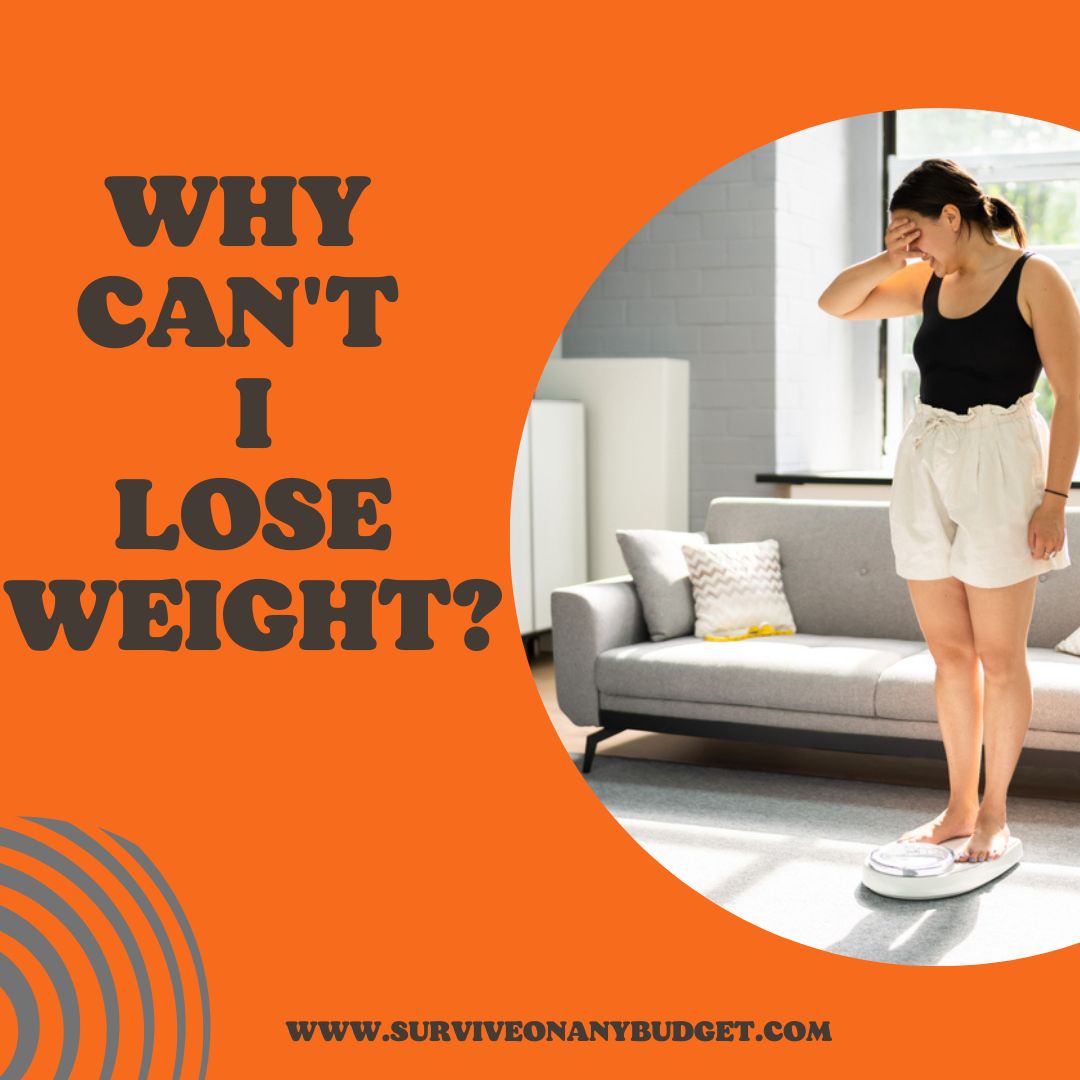
It’s also possible that the person is eating too many of the wrong kinds of foods, such as those high in sugar, simple carbs or fat. If someone is having trouble losing weight, it’s important to see a dietitian or nutritionist to rule out any hormonal imbalance issues and to create a plan for eating healthier and exercising more.
But, before approaching one be ready to answer the following Questions:
- What are your dietary goals?
- What are your current eating habits?
- What are your allergies or sensitivities?
- What medications and supplements are you currently taking?
- What medical conditions do you have?
6. How many calories should I eat a day to lose weight?
If you’re trying to lose weight, you need to consume fewer calories than you burn. How many calories you need to eat each day depends on your weight-loss goals and your daily activity level.
The National Institutes of Health (NIH) recommend that overweight and obese adults aim for a daily calorie deficit of 500 to 1,000 calories. This means eating 500 to 1,000 fewer calories than your body burns each day.
To achieve this calorie deficit, you can either eat less or move more (or both). Cutting back on foods high in calories and added sugars is a good place to start. And adding more physical activity to your daily routine can help increase the number of calories you burn.
If you’re very active and have a higher calorie needs, you may need to eat more than 1,000 fewer calories per day to lose weight. Work with a weight management app like SurviveOnAnyBudget App to determine how many calories you should consume each day based on your individual needs and weight loss goals.
7. What are some healthy snacks that will help me lose weight?
Some healthy snacks that will help you lose weight are fruits and vegetables, whole grain toast or crackers with peanut butter or cheese, yogurt, nuts, and seeds.
- Fruits and vegetables are not only low in calories but also high in fiber which helps keep you feeling full.
- Whole grain toast or crackers with peanut butter or cheese is a good source of protein and healthy fats which also help keep you feeling full.
- Yogurt is a good source of protein and calcium which can help promote weight loss.
- Nuts and seeds are a good source of healthy fats and fiber which can also help promote weight loss.
8. What are some tips for staying motivated while trying to lose weight?
1) Set realistic goals – Don’t try to lose 10 pounds in 2 weeks. Not only is it unhealthy to lose weight that quickly, but you’re likely to give up before you reach your goal if it’s too ambitious. Set smaller goals that you can realistically achieve in a shorter time frame.
2) Find an activity you enjoy – If you hate running on the treadmill, don’t do it! Find an activity that you enjoy and make it part of your exercise routine. Whether it’s walking the dog, playing tennis or going for a swim, if you enjoy it you’re more likely to stick with it.
3) Make healthy food choices – Eating healthy foods will help boost your energy levels and make it easier to lose weight. Avoid processed foods and sugary snacks that will sabotage your efforts.
4) Get support from family and friends – Having the support of those around you will make losing weight much easier. Ask them to be encouraging and not critical if you have an off day or cheat on your diet.
5) Be patient – Don’t expect miracles overnight; sustainable weight loss takes time so be patient and don’t get discouraged if the pounds don’t come off immediately
9. Should I avoid carbohydrates if I want to lose weight?
Carbs are a major source of calories in many people’s diets. However, it’s important to remember that not all carbs are created equal. Complex carbs, such as those found in whole grains, fruits, and vegetables, are actually good for you. Other types of simple carbs, such as those found in refined grains and sugary foods, are less healthy.
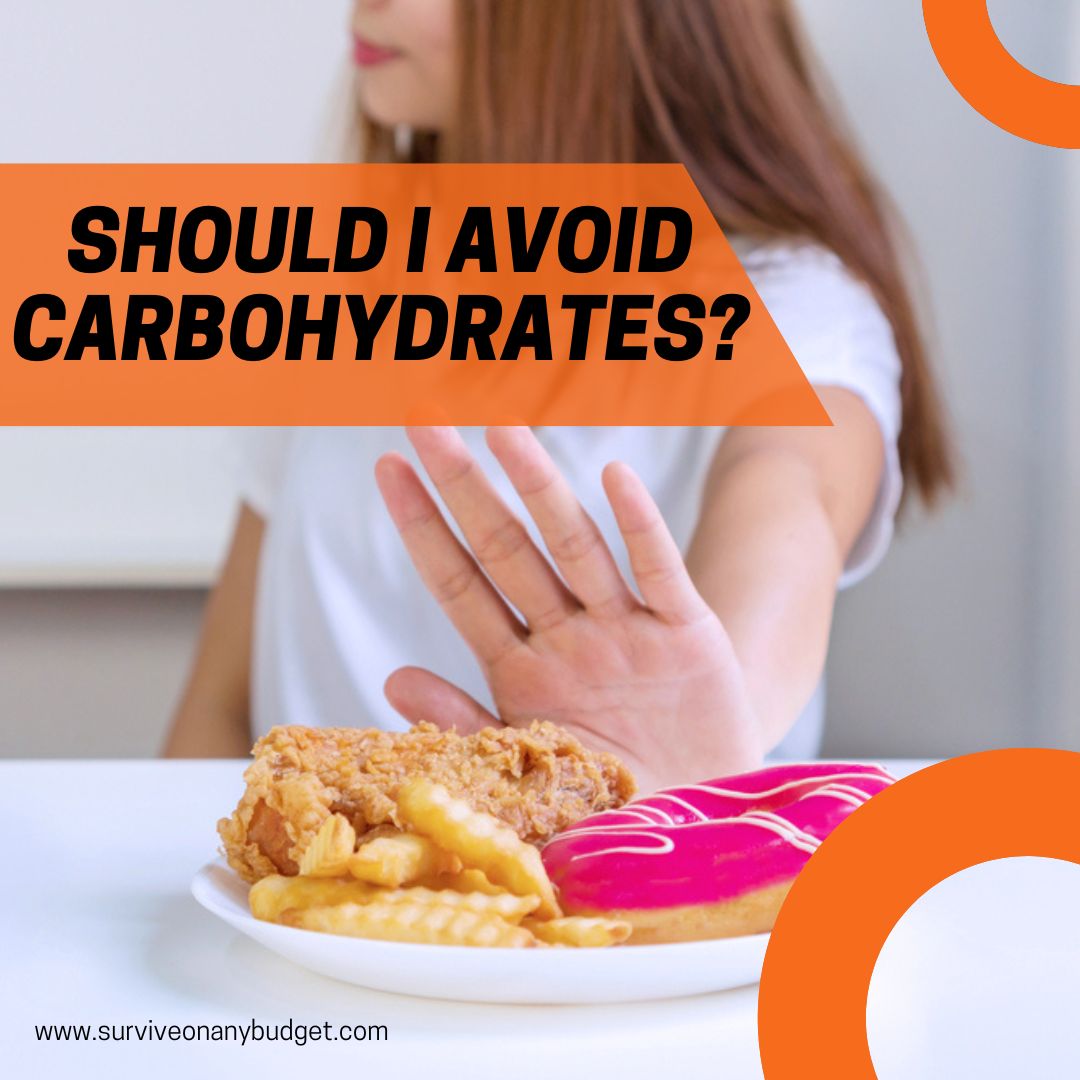
So, if you’re trying to lose weight, it’s probably best to focus on eating more healthy carbs and less unhealthy ones. This means eating more fruits, vegetables, and whole grains and avoiding or limiting refined grains and sugary sweets.
Of course, everyone is different and you may find that you lose weight even when eating some unhealthy carbs. However, if you’re struggling to lose weight, cutting back on unhealthy carbs is a good place to start.
10. Is it better to count calories or carbs when trying to lose weight?
When it comes to weight loss, there is no one-size-fits-all approach. However, many experts agree that counting calories or carbs can be helpful in achieving your goals.
If you’re trying to lose weight, counting calories can help you create a calorie deficit, which is necessary for weight loss. By tracking the number of calories you consume each day and making sure to consume fewer calories than you burn, you can slowly but surely lose weight over time.
Counting carbs may also be helpful for those trying to lose weight. This is because high-carb foods tend to be high in calories as well, so by limiting your carb intake, you’ll also be cutting down on the number of calories you consume each day. Additionally, some research has shown that low-carb diets can lead to more rapid and sustainable weight loss than low-fat diets.
So, which is better? Counting calories or carbs? Ultimately, it depends on what works best for you and your lifestyle. If counting calories seems too tedious or restrictive for you, then tracking your carb intake may be a better option. And if you find that low-carb diets help you lose weight more effectively, then by all means focus on reducing your carb intake. The most important thing is to find a weight loss approach that you can stick with in the long-term.



